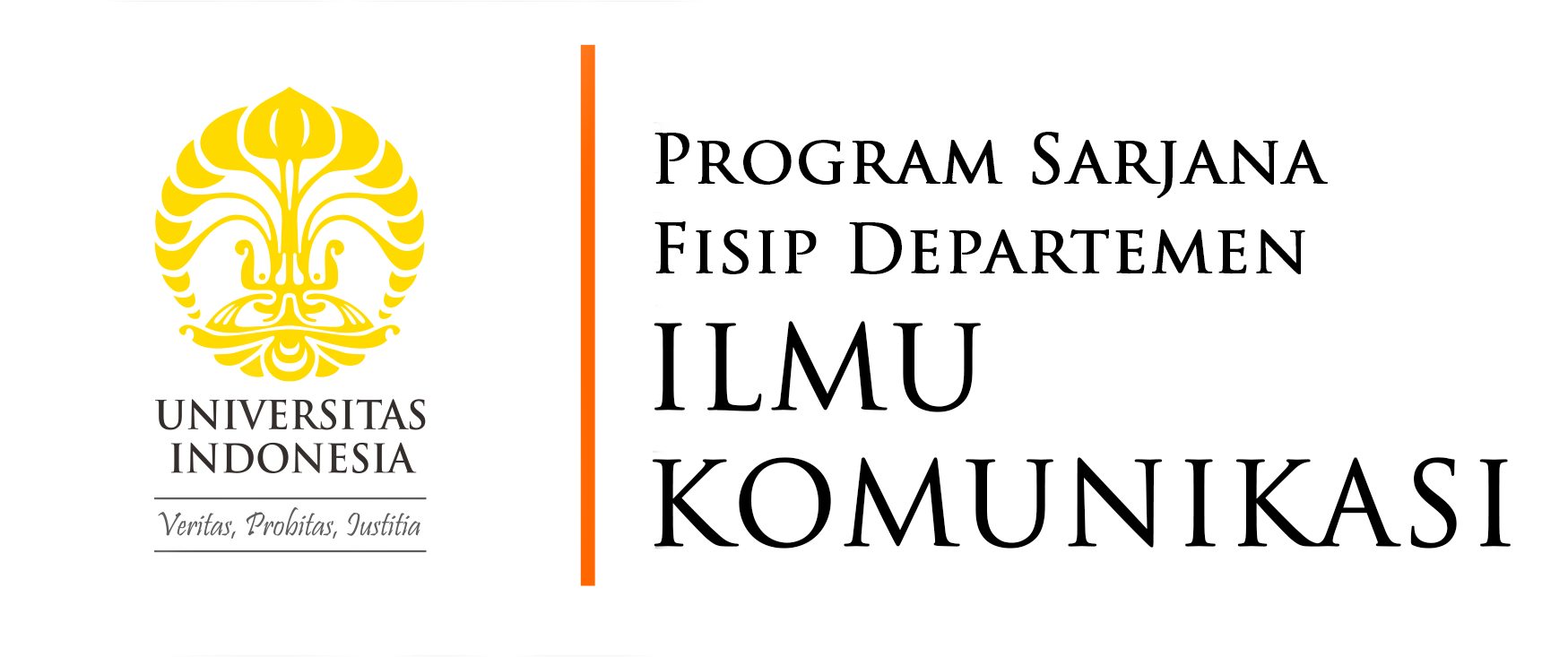DEPOK – Despite bearing the name “Indonesia,” the proportion of students at the University of Indonesia seems still only dominated by several regions. At least this is illustrated in Undergraduate Study Program of Department of Communication Sciences in FISIP UI.
Data from the Student Welfare Advocacy Department of the UI Communication Sciences Student Association (Adkesma HMIK UI) shows that out of 10 Communication Sciences students, there are only 2 students who come from outside Jabodetabek. This ‘minority’ status also seems to make students from outside Jabodetabek, commonly called ‘regional students,’ face challenges adapting.
Muhammad Anna Aulia, for example. 2019 Communication Sciences student, who is often called Aul comes from Aceh. She has to deal with a very different culture from her hometown.
“In the first semester, it was very difficult for me to accept handshakes from the opposite sex. It seems exaggerated, but it took a process until I could finally accept the culture in the final semester,” said Aul when contacted Sunday (6/11/2022).
Despite sounding quite fluent in using lo gue in interview, Aul admits that the language difference was the first obstacle when he entered in UI Communication Sciences.
This adaptation difficulty is not only experienced by students from outside Java Island like Aul. Dewi Chandra Kirana, now a lecturer at Department of Communication Sciences, also feels the same way. As she is familiarly called, Kicky comes from Bogor, part of Jabodetabek.
“I come from outside Jakarta, man. Bogor. Even though it’s only 1 hour away from Jakarta, it’s still a scourge. I was teased by ‘Bogor’, ‘train boy,’ and so on,” said Kicky, recalling her experience.
In the end, this initial treatment made Kicky quite careful when entering the social environment of UI Communication sciences. He added that the regional child label is a complete package. When labeled a regional child, the student has been labeled with the image of ‘not slang’ in terms of habits and language used. Perhaps for this reason, these regional children often struggle to blend in with Jakarta children.
The Role of Association, Department, and Society
In the adaptation period, the role of department association is considered important, including related to differences between regional children and Jakarta children. Aul agreed that several HMIK UI programs made him get to know other UI Communication Sciences children.
Kicky even felt tremendous benefits when attending Sarasehan (currently O’Weeks Communication UI). The orientation activities helped him a lot when he became a new student of Communication Sciences in 1990. Mentors in the series of activities are considered an extension of the hand that facilitates the adaptation process in UI Communication Sciences.
On the other hand, Undergraduate Program realizes the challenges regional students face. Ardhanareswari Handoko, Secretary of Undergraduate Program of Department of Communication Sciences said that culture shock, for example, in language, is often experienced by regional students. However, currently Prodi does not have a special program for regional students.
He added, in addition to the association, the role of the regional association is also large in helping the student transition process. “The biggest role is the association with the same feeling as overseas students,” he said.
As a student who struggled in his early years, Aul also said that although no special treatment was needed, he still hoped that Communication sciences students will realize the diversity of this region. According to Aul, appreciation of student culture makes regional children not feel foreign at UI Communication sciences.
Kicky also stated the same thing. “Communication Sciences students are quite difficult to merge. The difference in regional origin is real, and it takes openness on both sides to keep interacting smoothly. Both from regional students and Jakarta students,” said Kicky, closing the interview.
(Fikri Al Ghani)


